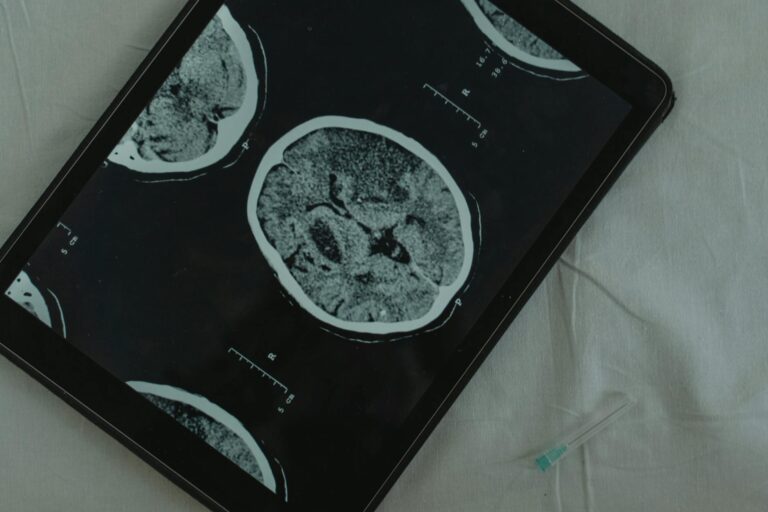Hypothyroidism, also known as an underactive thyroid, is a condition that occurs when the thyroid gland does not produce enough hormones to regulate the body’s metabolism. This can lead to a variety of symptoms, including fatigue, weight gain, and cold sensitivity. However, one aspect of hypothyroidism that is often overlooked is its impact on cognitive function.
Cognitive symptoms of hypothyroidism refer to changes in cognitive abilities such as memory, concentration, and decision-making. These symptoms are often subtle and can be mistaken for other conditions. Therefore, it is essential to understand the connection between hypothyroidism and cognitive function.
The thyroid gland, located in the front of the neck, produces two hormones – triiodothyronine (T3) and thyroxine (T4). These hormones are responsible for regulating metabolism, which is the process of converting food into energy. When the thyroid gland does not produce enough of these hormones, it can slow down the body’s metabolic processes, resulting in a variety of physical and mental symptoms.
One of the main cognitive symptoms of hypothyroidism is memory loss. Many people with an underactive thyroid gland experience forgetfulness and difficulty with short-term memory. This can make it challenging to remember everyday tasks, names, and details. It can also lead to difficulty concentrating, which can affect work or school performance.
Fatigue is another common cognitive symptom of hypothyroidism. As the body’s metabolism slows down, it can lead to feelings of tiredness and lethargy. This can affect cognitive abilities as fatigue can make it challenging to focus and think clearly.
In addition to memory loss and fatigue, hypothyroidism can also cause changes in mood and personality. People with an underactive thyroid gland may experience depression, irritability, and mood swings. They may also have trouble making decisions or solving problems, leading to decreased productivity and motivation.
Furthermore, hypothyroidism can lead to a condition called “brain fog,” which is characterized by confusion, difficulty with concentration, and a feeling of being mentally “foggy.” This can be frustrating and can even affect daily activities such as driving and cooking.
The cognitive symptoms of hypothyroidism can also take a toll on one’s mental health. The constant struggle with memory loss and fatigue can lead to feelings of frustration, anxiety, and even depression. It is essential to address these symptoms not only for physical well-being but also for mental well-being.
If you are experiencing any of these cognitive symptoms, it is crucial to consult with a doctor. A simple blood test can determine if you have an underactive thyroid gland. If diagnosed with hypothyroidism, your doctor may prescribe medication to replace the missing hormones and improve your cognitive function.
In addition to medication, there are also lifestyle changes that can help manage cognitive symptoms of hypothyroidism. Regular exercise, a healthy diet, and stress management techniques such as meditation and yoga can all improve cognitive function and overall well-being.
In conclusion, the cognitive symptoms of hypothyroidism are often overlooked but can greatly impact one’s daily life. Memory loss, fatigue, changes in mood and personality, and brain fog are all common cognitive symptoms of an underactive thyroid gland. If you are experiencing any of these symptoms, it is essential to consult with a doctor for proper diagnosis and treatment. By managing the underlying condition of hypothyroidism, you can improve your cognitive function and overall quality of life.





